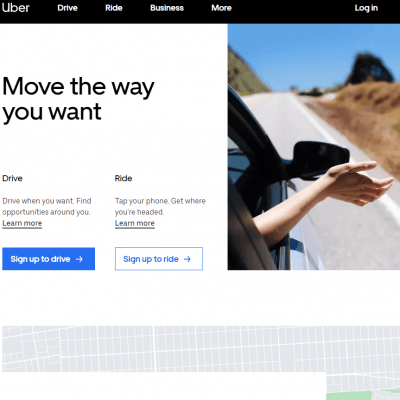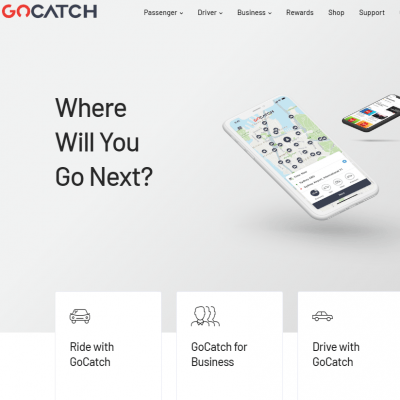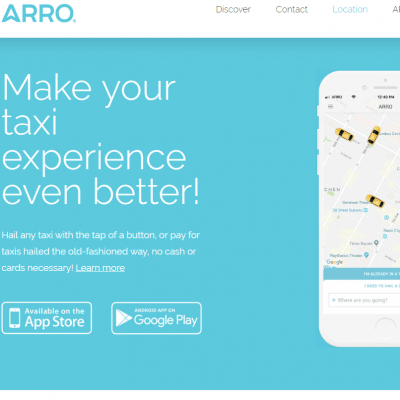Cabify
cabify.com
Cabify is a Spanish transportation company providing taxis for request using a mobile application, operating in Latin America, Spain and Portugal. They offer a range of different vehicle types, including sedans, executive cars, and luxury vans, while consistently maintaining a high standard of clean, modern interiors and smartly-dressed drivers.
Like its competitors, Cabify allows passengers to view rides nearby, request a taxi with the tap of a button and view estimated fares to avoid any surprise costs. There is also a fixed price based on the shortest route, meaning you’ll know the price before you order, so you won’t pay more if you hit traffic like you would do in a traditional taxi.
Through the app you can specify your journey preferences, such as radio station, air-con and driver service, while there are free perks included in certain countries that go from water, to Wi-Fi to magazines. You don’t have to worry about carrying change either as you can pay directly through the app after entering your bank details.
One thing the app is lacking is a rewards scheme that benefits loyal customers. With Singapore-based ride hailing company Grab, you can gain discounts and added perks by being a frequent passenger, whereas with Cabify you will be treated like you were during your first trip, regardless of how many journeys you make.
Furthermore, like Uber and Lyft, Cabify apply a surcharge to journeys according to changes in supply and demand of taxis. This can make trips more expensive than traditional services at peak times, and can make getting a cab difficult. However, once you have been shown the estimated price it won’t change even if the surcharge increases during your journey, meaning you will know beforehand how much it will cost.

I am a professional travel writer and travel enthusiast who traveled the world twice, so I am sharing my firsthand knowledge about everything related to travel and spending time abroad.
- High standard of vehicles and drivers
- Can use the app to add preferences such as radio station and air-con
- Some services include free perks
- No rewards scheme to benefit loyal customers
- Surcharge can make journeys more expensive than traditional services













